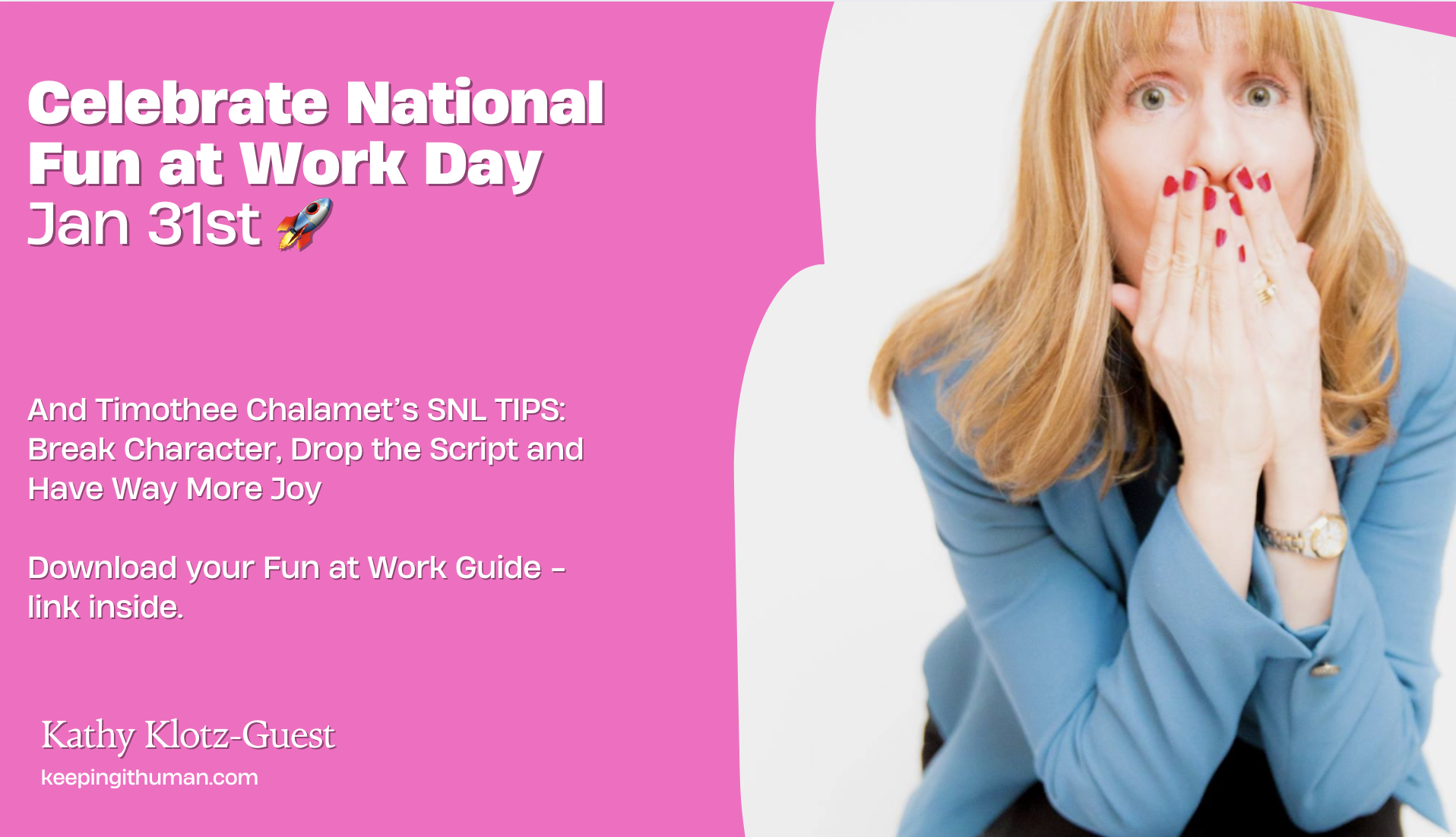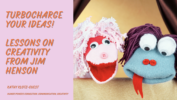Stories are currency. They travel, persuade and differentiate. They speak to who we are and what we value. Sometimes the best stories require us to get naked – metaphorically speaking, of course.
That means being vulnerable. And we hate being vulnerable. Naked Conversations, a seminal book by Robert Scoble and Shel Israel, talked about authenticity and transparency in company conversations (including blogs) and the need for getting naked with your audience. That nakedness starts with stories. It means owning your stories – the things that didn’t work, and company failures as well as successes.
Owning your truth means owning your story. It’s staking a claim in your brand. Part of every company’s truth may be messy – it’s also very human. In a world of way too much content chasing too little context and even less mindshare, naked stories cut clutter, and stand out in a crowd of me-too, fact-laden noise. Every company gets it wrong sometimes and those mistakes can be invaluable sources of learning.
I was facilitating a workshop recently when a gentleman raised his hand and said, “My company failed. I don’t have a story.” Actually, that’s a great story if you can speak to how you changed because of it. You always have a story – it’s about your truth. Yes, we want to shout to the world our success stories. And then there are the times we don’t succeed. We need to talk about those times and own them, rather than them owning us like a scarlet letter of shame.
How many people have failed at something? Lots – including me. When I started my business, I attracted the wrong audience. And I had to learn quickly and painfully – and I did. If you’re not failing once in a while you are not trying hard enough to innovate. I asked that man what he learned from his experience. “I now know what to do and what not to do. I learned how to build a better plan. I understand the mistakes we made and what to do differently.”
That’s my point.
Your naked story doesn’t focus on the failure. Great business stories don’t involve baring your soul; they do require, however, that you stand for your purpose. And challenges show the world what we’re made of.
Your naked story about challenge is really about how you grew from your experience. Focus on what failure taught you. In a world of me-too success stories (yes, you’re unique… just like everyone else!), a naked story about a challenge you faced – a crucible that made you better— builds credibility and emotional connection with your audience. Everybody fails – that’s human. A great story shows how failure changed you for the better. That’s a universal theme your audience can relate to.
When you get vulnerable with your truth, you become the owner of the story. Failures shape us often more than successes do. Yet, as a culture that loves winners, there is a lot of reluctance in talking about the risks we took that didn’t pan out. Yet, those are the instructive moments that make us smarter. That adds to our credibility. Why would that gentleman in my workshop be a great advisor to businesses? Precisely because he failed, learned and did it better the next time. When you take lots of risks, you learn what works and what doesn’t. That’s good naked. It’s honest and relatable. Consequently, these stories have tremendous marketing capital.
Today, too many ‘stories’ are superficial. We’re afraid to say to the world, “I am less than perfect.” Here’s the thing – everybody already knows that. No one expects you to be perfect. By being vulnerable and owning your truth, we find an authentic human connection with our audience. We’re giving them permission to say to themselves, “I am not perfect either, and I connect with you on our shared humanity.” The business that admits both its failures and successes has a lot more credibility with customers in the long run. When things aren’t working, customers trust that a naked company will be honest with them about the good, the bad, and the ugly – while being fully clothed!
What’s your naked story? Email me at kathy@keepingithuman.com


